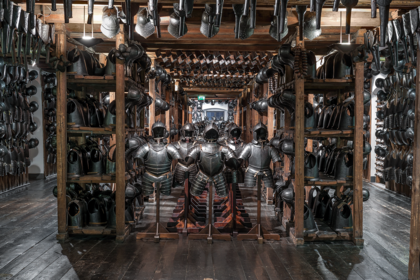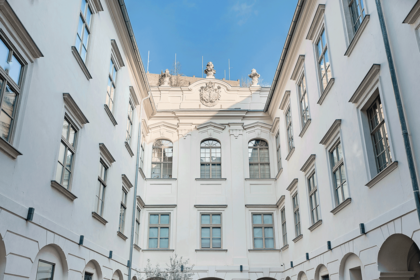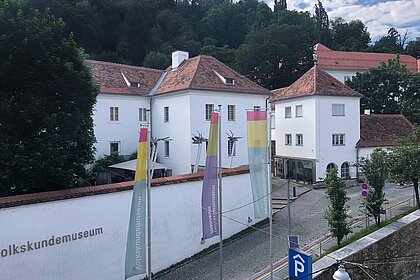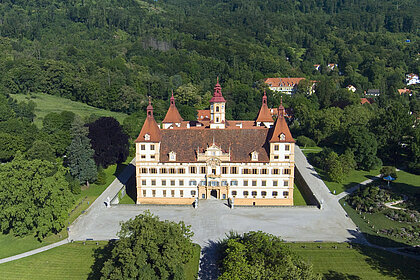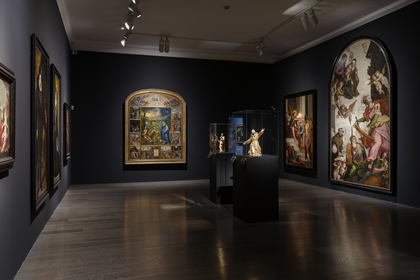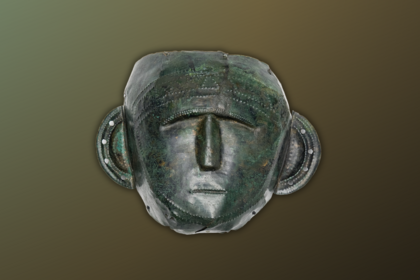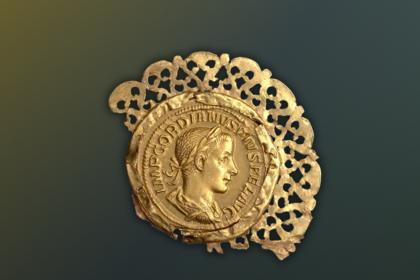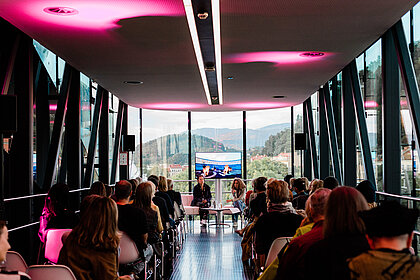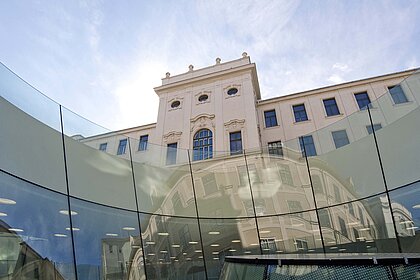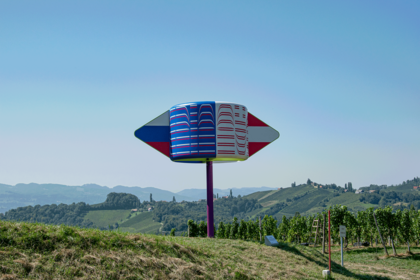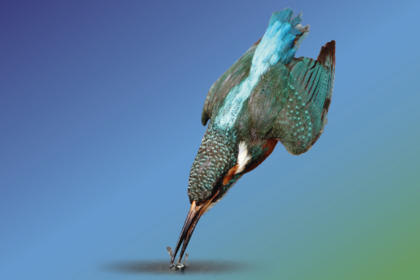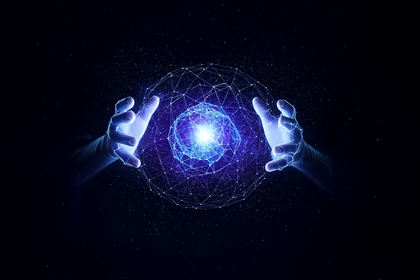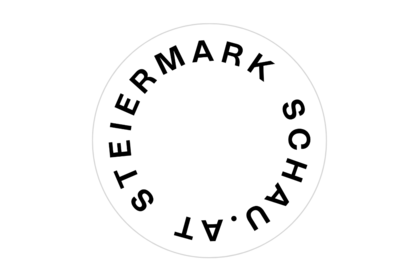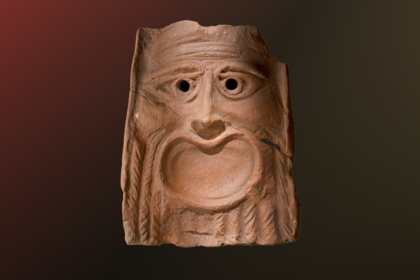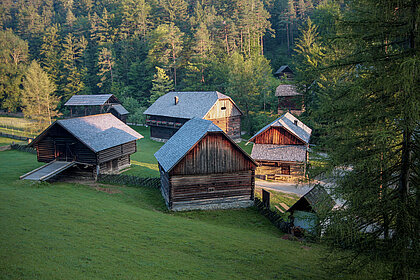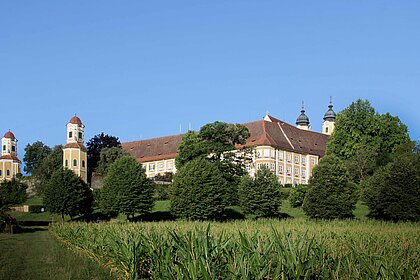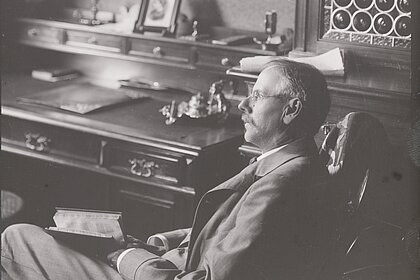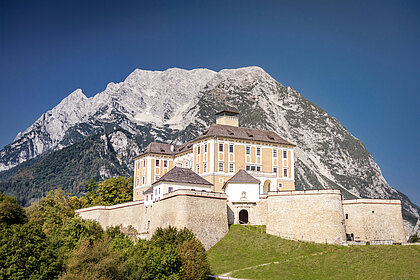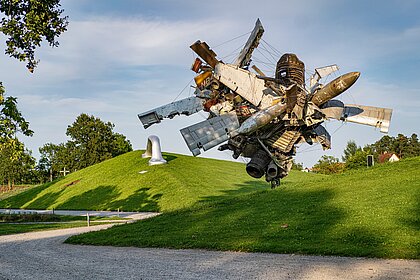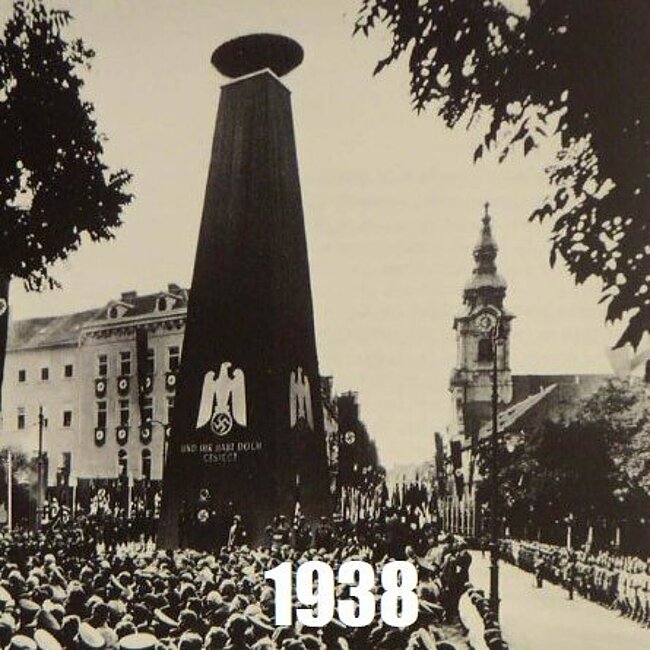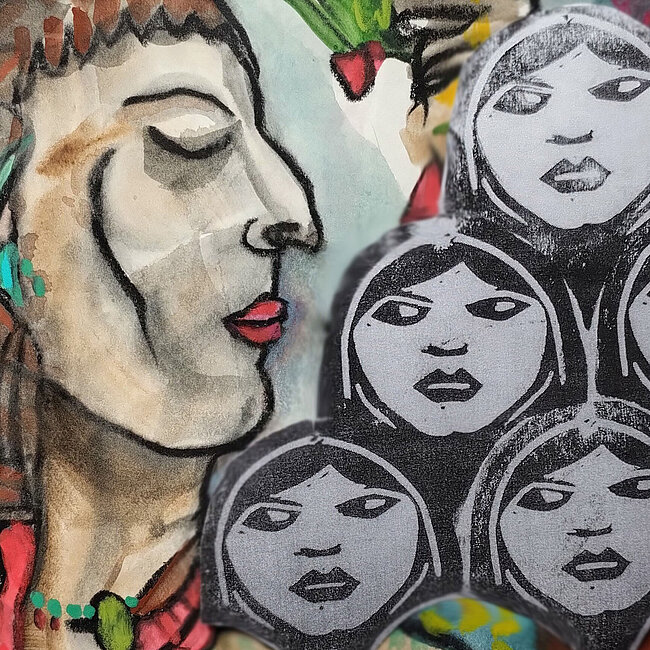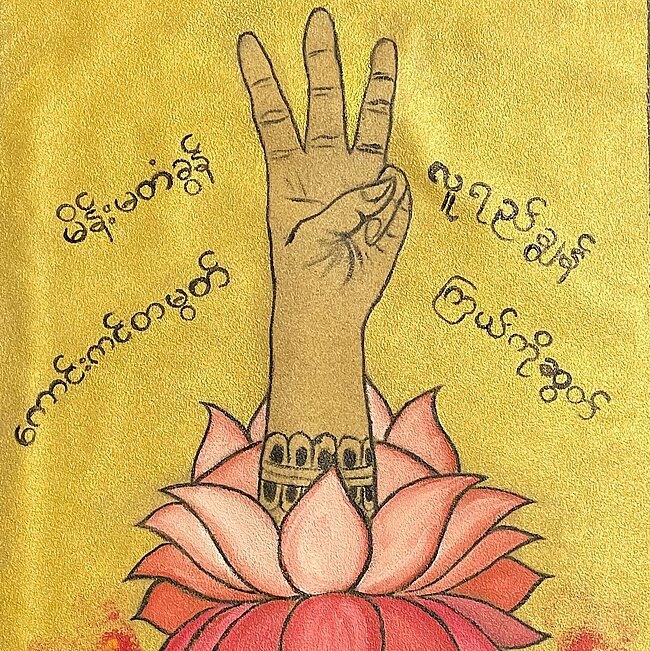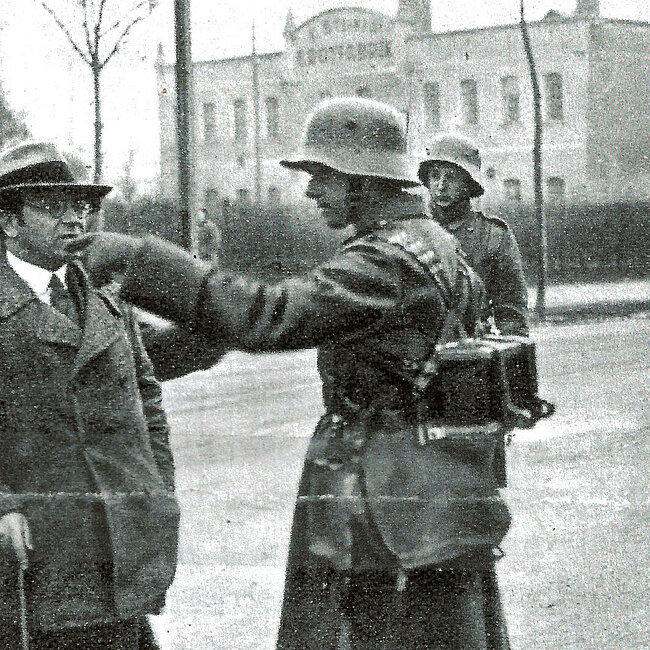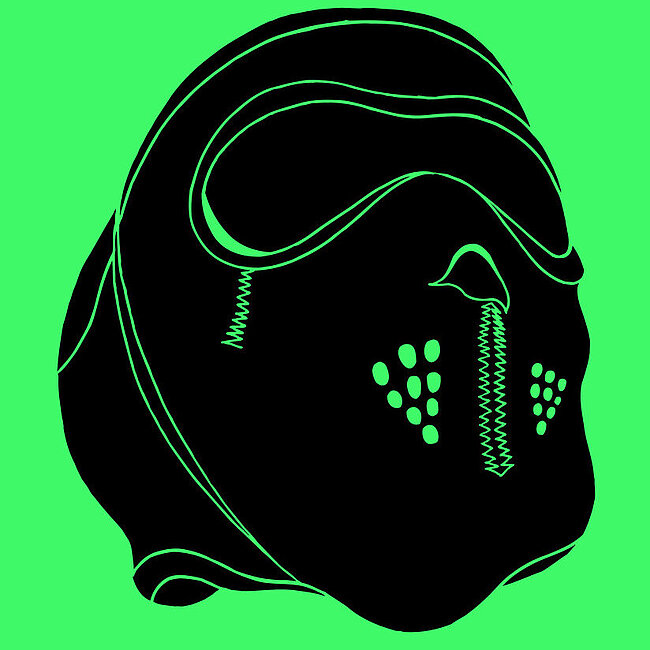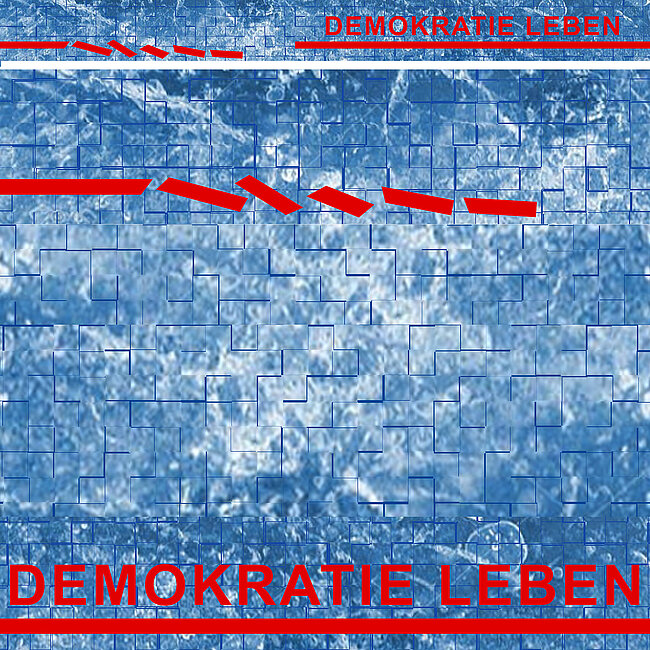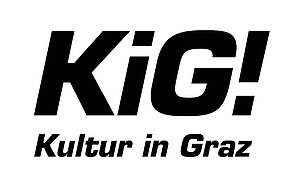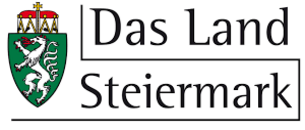"We have learned to live with each other." These words are inscribed on Gerhardt Moswitzer's monument on Europaplatz in Graz to commemorate the bloody February clashes 90 years ago, when people of differing ideologies in Austria, including Graz, fought each other with weapons.
Following the end of Nazi rule and World War II, since 1945 there has been an effort to promote human rights and peaceful coexistence in democratic states as they continually evolve. These liberal democracies represent, for many, the highest and most open value system.
However, our democracy is increasingly being stretched as a concept, misused, and its cornerstones — such as the rule of law, transparency, and the separation of powers — are progressively undermined. A pandemic that fatefully connected and at the same time divided people, growing crises, wars, natural disasters, and the resulting social shifts are changing the way we live together. Authoritarian regimes and powerful leaders are challenging or even displacing social and political achievements. Their political rhetoric, in the guise of simple solutions for complex situations, is a noisy clamor seeking to obscure people’s judgment and ability to reflect. In several EU countries, far-right movements are on the rise, and in the US, a new Trump presidency looms. Likewise, in Central and South America, Asia, and Africa, mostly right-wing populist policies promise a new salvation.
In the shadow of world-changing elections and opening on the day of the US presidential election, our art project invites artists and artist collectives from several continents to make visible statements on this issue. Their interpretations of current and past political conflicts will be presented in banners, murals, installations, etc. in public spaces across Graz from November 5th until Human Rights Day. These sites are deliberately chosen for their historical ties to the birth of democracy, its struggles, and its defeat during times of autocracy and dictatorship. By critically engaging with the dangers facing democracies in the form of public art, we aim to contribute to the respect and defense of democratic values, together with our cooperation partners.
- Eva Ursprung, Maryam Mohammadi, Joachim Hainzl, and Elisabeth Fiedler
